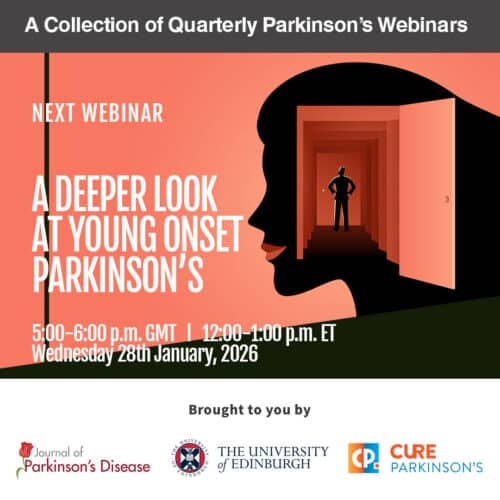Upcoming GBA1 conference in Montreal

Cure Parkinson’s is co-sponsoring a large three-day international conference on June 27th – 29th that will be focused on all aspects of GBA1 research, from science to clinical trials.
The GBA1 Meeting will be held at ‘The Neuro’ at McGill University in Montreal, Québec, Canada and is tailored for health professionals and stakeholders from both academia and industry engaging in GBA1 research. The goal of the event is to share new results, generate collaboration, and discuss how best the field should move forward. The meeting is being sponsored by Cure Parkinson’s, The Michael J. Fox Foundation, Parkinson Canada, The Silverstein Foundation, and the Hilary & Galen Weston Foundation.
What is GBA1?
Genes are segments of our DNA that contain the instructions for building proteins in our cells. Variations to these genes may affect how well these proteins work, which can place stress on and lead to dysfunction within the cell. It is estimated that 10-20% of people with Parkinson’s have genetic risk factors, one of the most common being variations in the GBA1 gene.
It is important to note that having a genetic variation does not mean that an individual will go on to develop Parkinson’s – these are only considered risk factors.
The GBA1 gene provides the instructions for building the protein Glucocerebrosidase (also known as GCase), which is involved in the waste disposal system of the cell. In people with Parkinson’s who carry GBA1 variations, it is thought that GCase activity is lowered, placing stress on the cell and potentially contributing to the neuron (nerve cell) loss observed in Parkinson’s.
An area of interest for researchers has been understanding if increasing GCase activity could have a protective effect on neurons, therefore slowing Parkinson’s progression. To help explore this, Cure Parkinson’s has been funding several GBA1-associated projects, including the PD Frontline study and upcoming phase 3 trial of ambroxol – a cough medicine suggested to directly act on and increase GCase activity. Thus, we are proud to support this major gathering of GBA1 researchers and look forward to seeing the outcomes of this meeting.




